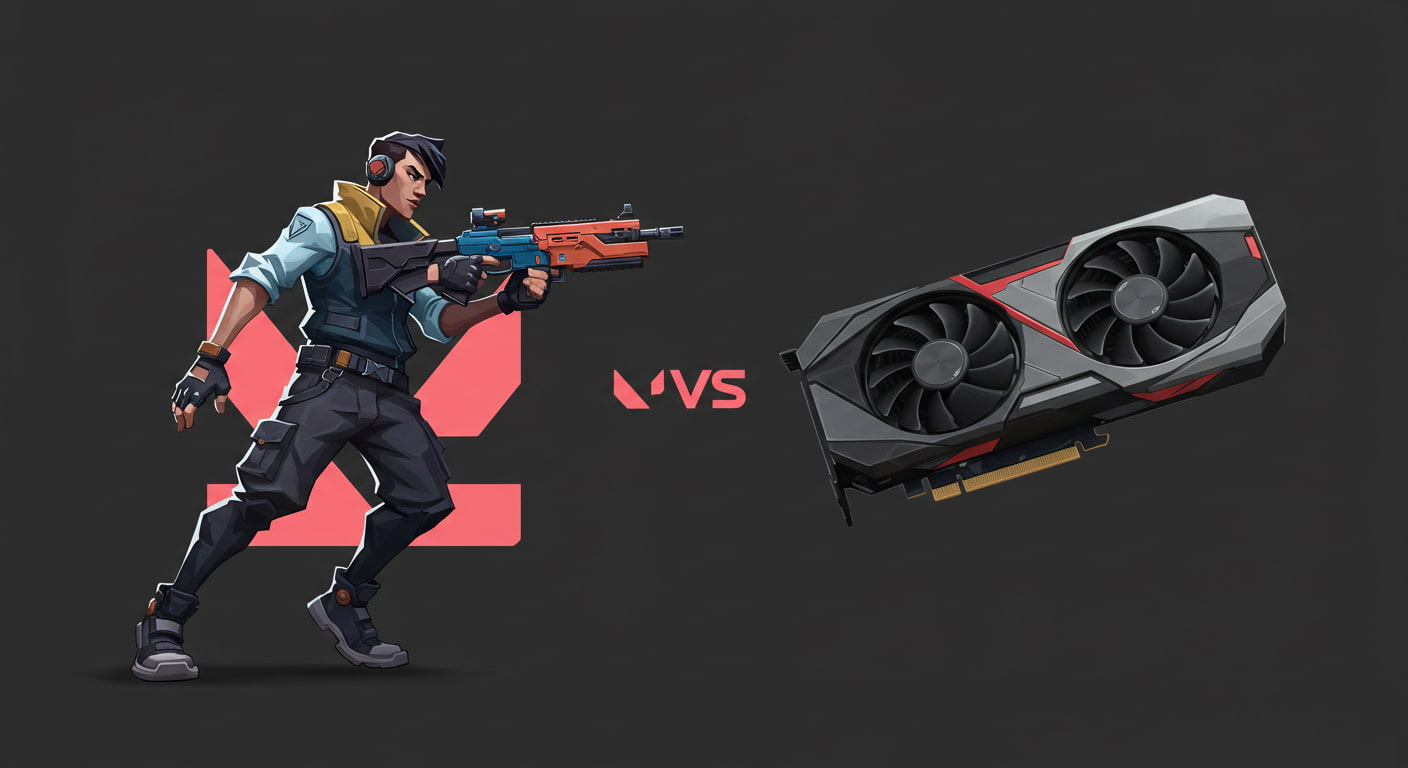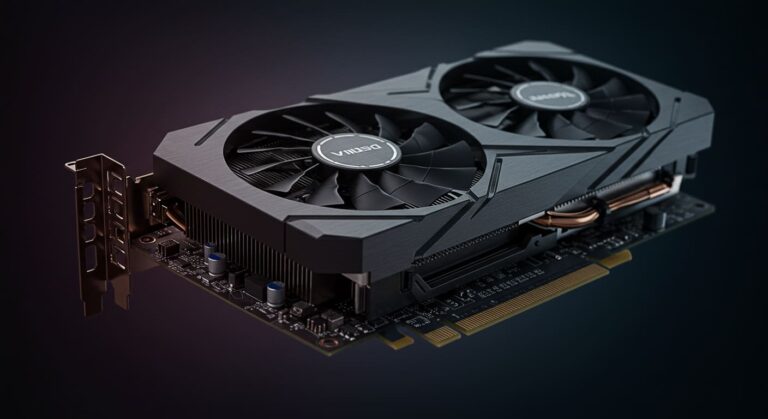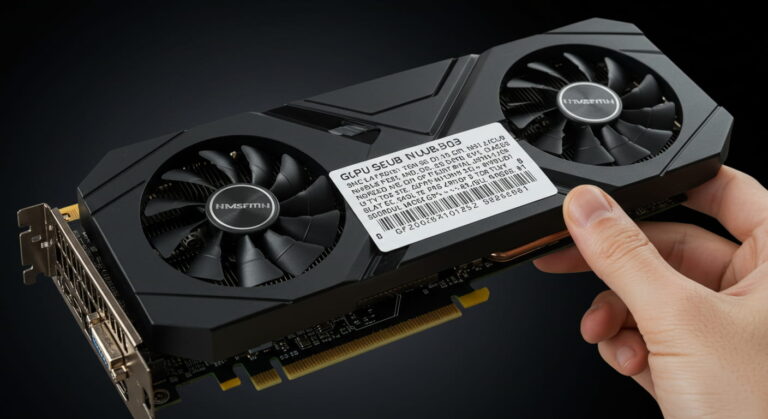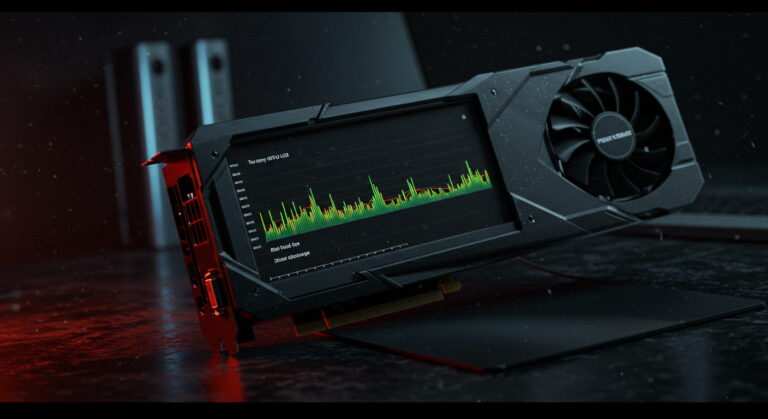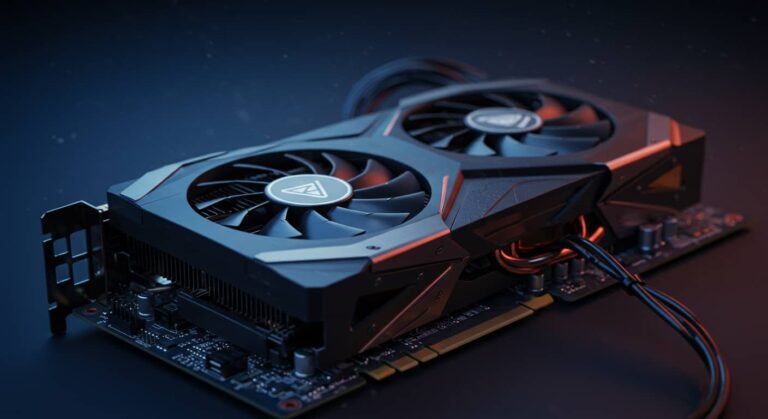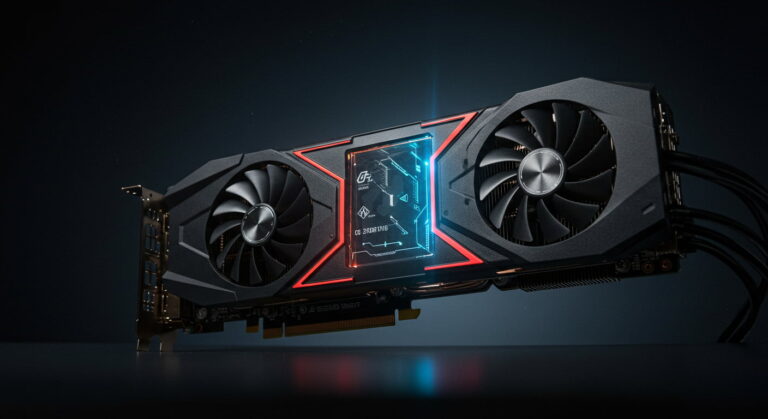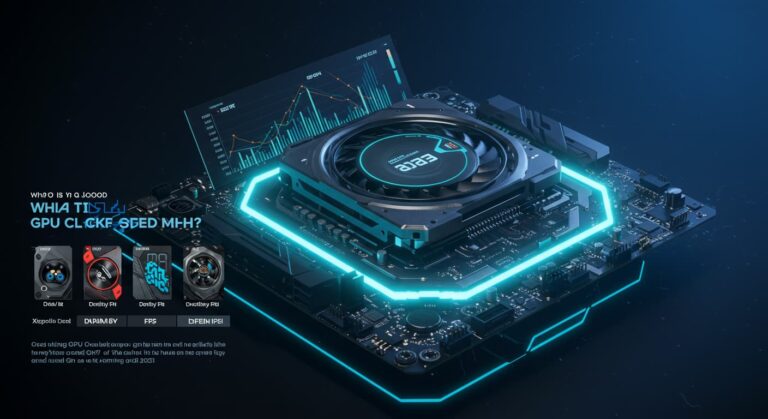Is Valorant CPU or GPU Intensive? – Full Performance Breakdown!
Valorant, Riot Games’ tactical shooter, has quickly become a competitive favorite for gamers worldwide. Despite its lightweight graphics and responsive gameplay, one common question is always on the mind of PC players: Is Valorant CPU or GPU intensive?Both the CPU and GPU play a vital role in running any game. The CPU (Central Processing Unit) handles real-time calculations, player inputs, physics, and networking tasks. The GPU (Graphics Processing Unit), on the other hand, renders images, animations, and graphics. If a game is CPU-heavy, it means the processor takes on most of the workload. If it’s GPU-heavy, a powerful graphics card makes the biggest difference.
Understanding which component Valorant relies on more is critical for performance. Because the game was designed for competitive esports, its focus is not on visual realism but on speed, accuracy, and consistency. This design ensures smooth gameplay for both low-end PC users and high-end gaming rig owners. But knowing whether Valorant is more CPU or GPU intensive helps players make smarter decisions about hardware upgrades and FPS optimization.In this guide, we’ll explore this question from every angle — technical breakdowns, community opinions, system-specific scenarios, and professional esports setups. By the end, you’ll know exactly which component to prioritize: CPU or GPU.
General Performance Insights
Is Valorant more CPU or GPU intensive?
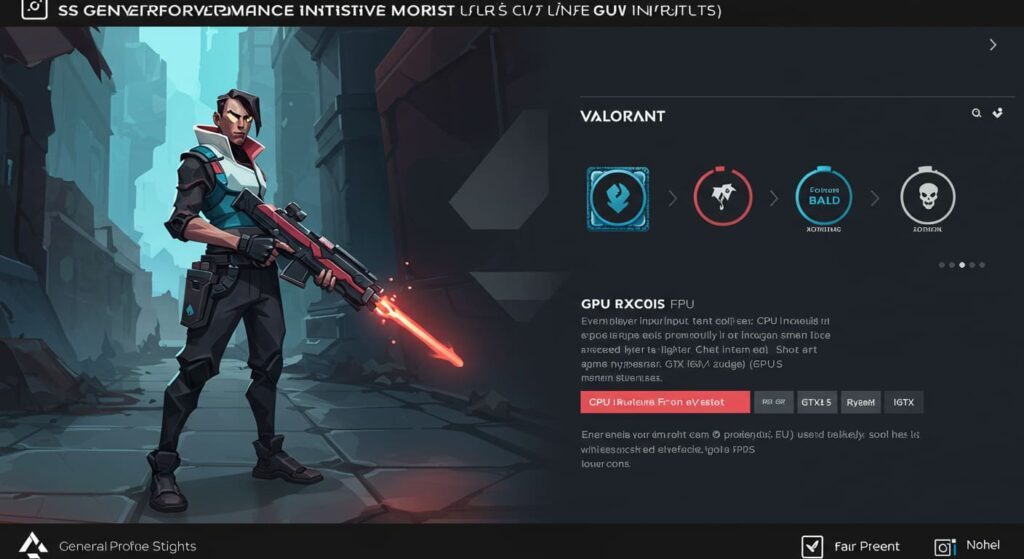
Valorant is more CPU intensive than GPU intensive. Every player input — whether a mouse click or movement key — is processed through the CPU. The CPU ensures shots register accurately and game physics remain smooth. The GPU plays a role, but it’s relatively lighter, since Valorant’s art style is intentionally simple and clean.
For example, pairing a GTX 1650 (a budget GPU) with an Intel i7 or Ryzen 5 CPU can still deliver high FPS. But if you use a powerful RTX 4080 with an outdated i3 processor, you’ll experience bottlenecks and lower FPS. This clearly shows that Valorant depends more on the CPU than the GPU.
Is Valorant GPU or CPU intensive?
Valorant is CPU intensive. While the GPU is still used, it’s not heavily stressed like in AAA titles with advanced graphics. For 1080p gameplay and 100–200 FPS, a mid-range GPU is more than enough. But if your CPU is weak, FPS will fluctuate and performance will suffer.
This becomes especially important for players with high refresh rate monitors (144Hz, 240Hz). To match the frame output of these displays, the CPU needs to consistently deliver high FPS, making it the critical component.
Is Valorant more of a CPU or GPU game?
Valorant is more of a CPU game. Similar to esports titles like CS:GO and Overwatch, Valorant is designed to rely heavily on the processor. Its graphics were kept simple to reduce GPU strain, making sure that gameplay responsiveness is handled efficiently by the CPU.
Is Valorant CPU or GPU intensive on Reddit?
Reddit discussions overwhelmingly agree that Valorant is CPU intensive. Many players have shared benchmarks showing that upgrading their GPU didn’t make much difference. But upgrading the CPU provided a huge FPS boost.
For instance, one user paired a GTX 1060 with an older i5 CPU and got around 120 FPS. After upgrading only the CPU to a Ryzen 5600X, their FPS jumped to 200+ — with the same GPU.
Also read: How Hot Should My GPU Be?
Technical Understanding
Understanding CPU vs. GPU Intensive Games in Valorant
CPU-intensive games put most of the workload on the processor — handling AI, physics, networking, and real-time player actions. GPU-intensive games, by contrast, focus on visual fidelity with advanced rendering like shadows, ray tracing, and high-quality textures.
Valorant falls into the CPU-intensive category because milliseconds matter in competitive gameplay. The CPU ensures that every click and reaction is processed instantly. The GPU’s role is limited to rendering clean and smooth visuals.
Improving FPS in Valorant: CPU vs GPU Performance Explained
If you want to improve FPS in Valorant, CPU optimization should be the first priority. A bottlenecked CPU keeps the GPU idle and limits your frame rate.
While multiple cores are helpful, single-core performance and high clock speeds are even more important for Valorant. CPUs like the Ryzen 5600X or Intel i5-12400 deliver smooth, stable FPS even with a mid-range GPU. By contrast, upgrading only the GPU on an older CPU results in minimal performance gains.
Hardware Decisions
CPU vs GPU Upgrade for Valorant: Which Should You Choose?
If you’re upgrading specifically for Valorant, prioritize the CPU. A mid-range GPU can handle Valorant easily, but a powerful CPU will massively improve both FPS and stability.
Right CPU/GPU Usage for Valorant: What’s Optimal?
The best setup is a balanced one: a strong CPU with good clock speeds and multi-core performance, paired with a GPU capable of rendering at 1080p or 1440p. You don’t need an RTX 4090 for Valorant — even an RTX 3060 or RX 6600 paired with a solid CPU can easily deliver 200+ FPS.
Valorant on Different Systems
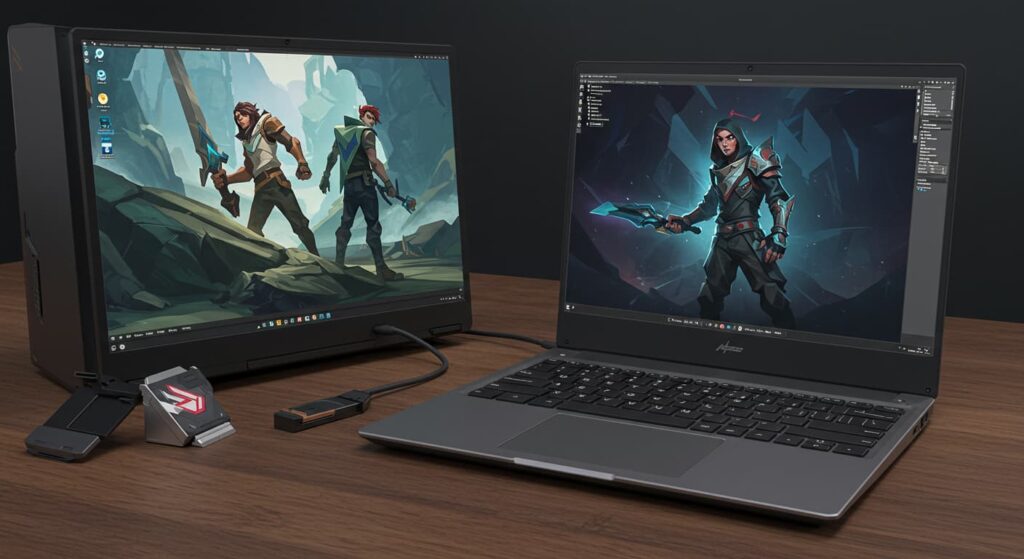
Is Valorant CPU or GPU Intensive on Low-End PCs?
On low-end PCs, Valorant remains CPU intensive. Even with a basic GPU, the game will run, but if the CPU is weak, you’ll experience stuttering and FPS drops.
Is Valorant CPU or GPU Intensive on Laptops?
On laptops, performance is highly dependent on the CPU. One issue with laptops is thermal throttling, where the CPU slows down under heat. Since Valorant demands more from the CPU, this effect is even more noticeable during gameplay.
Is Valorant CPU or GPU Intensive for Streaming?
Streaming adds an extra load on the CPU. Since Valorant is already CPU intensive, running OBS or Streamlabs alongside the game makes the demand higher. That’s why a Ryzen 7 or Intel i7 is recommended for streaming Valorant smoothly.
Is Valorant CPU or GPU Intensive in 2025?
Even in 2025, Valorant is still CPU intensive. Riot Games has kept graphics requirements low for accessibility, meaning GPU demand hasn’t significantly increased. The CPU continues to play the dominant role in performance.
Also read: Max Temp for GPU
Competitive and Professional Gaming
Is Valorant CPU or GPU Intensive for Competitive Players?
For competitive players, consistent FPS is everything. Valorant’s CPU dependency is critical here because FPS drops can lead to input lag or missed shots. That’s why high-end CPUs like the Intel i9-13900K or Ryzen 9 7900X are common among pro setups.
Is Valorant CPU or GPU Intensive for Esports Professionals?
In esports, Valorant is unquestionably CPU intensive. Professional players aim for 240+ FPS to match their high refresh rate monitors. Achieving this consistently is only possible with a powerful CPU.
Is Valorant CPU or GPU Intensive for High Refresh Rate Monitors?
For high refresh rate monitors, the CPU is the deciding factor. GPUs can easily handle Valorant’s lightweight visuals, but the CPU determines whether you can maintain the 240+ FPS needed to take full advantage of these displays.
Gameplay and System Demands
Is Valorant CPU or GPU Intensive When Using High Graphics Settings?
Higher graphics settings increase GPU load slightly, but Valorant still remains CPU intensive. Raising resolution or enabling effects can shift some work to the GPU, but most competitive players keep settings low — leaving the CPU as the main driver of performance.
Is Valorant CPU or GPU Intensive with Background Apps Running?
Background apps like Discord, Chrome, or Spotify use CPU resources. Since Valorant already demands a lot from the CPU, these apps can directly reduce FPS. That’s why pro players keep their systems “clean,” ensuring the CPU focuses entirely on Valorant.
Is Valorant CPU or GPU Intensive Compared to Other Games?
Compared to GPU-heavy games like Cyberpunk 2077 or Warzone, Valorant is CPU intensive. Riot Games deliberately designed it this way to ensure playability on a wide range of systems while maintaining a competitive edge. This design choice has helped the game thrive in esports.
FAQs:
1. Is Valorant more CPU or GPU intensive?
Valorant is more CPU intensive. The CPU handles inputs, physics, and networking tasks that directly affect your FPS and responsiveness. The GPU plays a smaller role since the game has lightweight visuals compared to AAA titles.
2. Can a low-end GPU run Valorant smoothly?
Yes, even a low-end GPU can handle Valorant because its graphics are not demanding. However, if your CPU is weak, you’ll face FPS drops and stuttering, proving the game depends more on CPU power.
3. Does upgrading the GPU improve FPS in Valorant?
A GPU upgrade helps only slightly, especially if you’re playing at higher resolutions. But for most players, FPS won’t increase much unless the CPU is upgraded, since Valorant relies heavily on the processor.
4. Which CPU is best for Valorant?
CPUs with strong single-core performance and higher clock speeds are ideal. Examples include Intel i5-12400, i7-13700K, or AMD Ryzen 5 5600X and Ryzen 7 5800X. These processors ensure stable, high FPS in Valorant.
5. Is Valorant CPU or GPU intensive for streaming?
Streaming makes Valorant even more CPU demanding. Since both the game and OBS/Streamlabs use CPU resources, you’ll need a strong processor like a Ryzen 7 or Intel i7 to avoid frame drops while streaming.
6. Is Valorant CPU or GPU intensive on laptops?
On laptops, Valorant remains CPU intensive. The problem with laptops is thermal throttling — when the CPU gets too hot, it slows down, which directly affects FPS in Valorant more than the GPU.
7. Do high refresh rate monitors (144Hz, 240Hz) require a better CPU for Valorant?
Yes. To fully utilize a high refresh rate monitor, the CPU must deliver consistently high FPS. A strong CPU ensures stable performance, while the GPU can usually handle Valorant’s lighter graphics easily.
8. Is Valorant CPU or GPU intensive in competitive play?
For competitive and professional players, Valorant is heavily CPU intensive. Pros target 240+ FPS for maximum responsiveness, which is achievable only with a high-performance CPU.
9. How does Valorant compare to other games in terms of CPU vs GPU usage?
Unlike GPU-heavy games such as Cyberpunk 2077 or Call of Duty: Warzone, Valorant is CPU heavy. It was designed this way so it can run on a wide range of systems, making it accessible to more players.
10. Should I upgrade CPU or GPU first for Valorant?
If your main focus is Valorant, upgrade the CPU first. A mid-range GPU paired with a strong CPU will deliver excellent FPS. Investing in a top-end GPU without a capable CPU will lead to bottlenecks.
Conclusion:
To wrap it up, the answer is clear: Valorant is CPU intensive. While the GPU contributes to visuals, the CPU is the real powerhouse behind smooth performance, high FPS, and responsive gameplay.Whether you’re on a budget PC, a gaming laptop, or a professional esports rig, prioritizing your CPU is the smartest choice if you want the best Valorant experience.
Related post:
